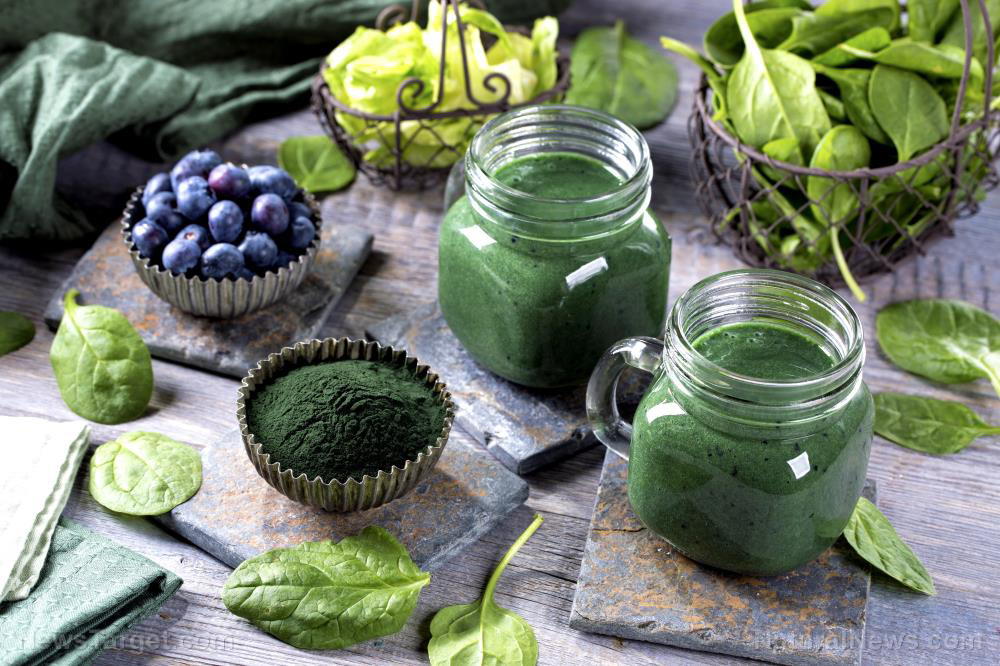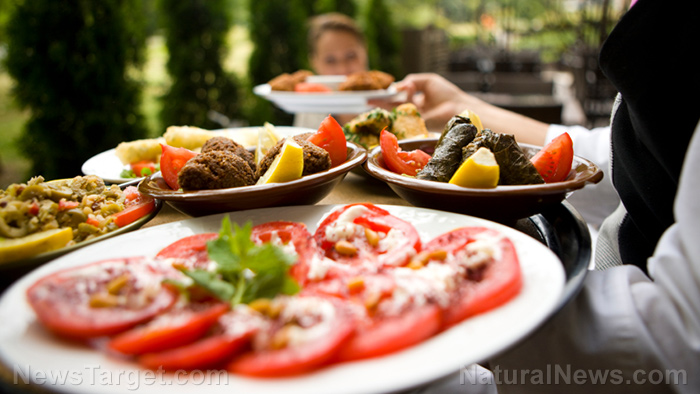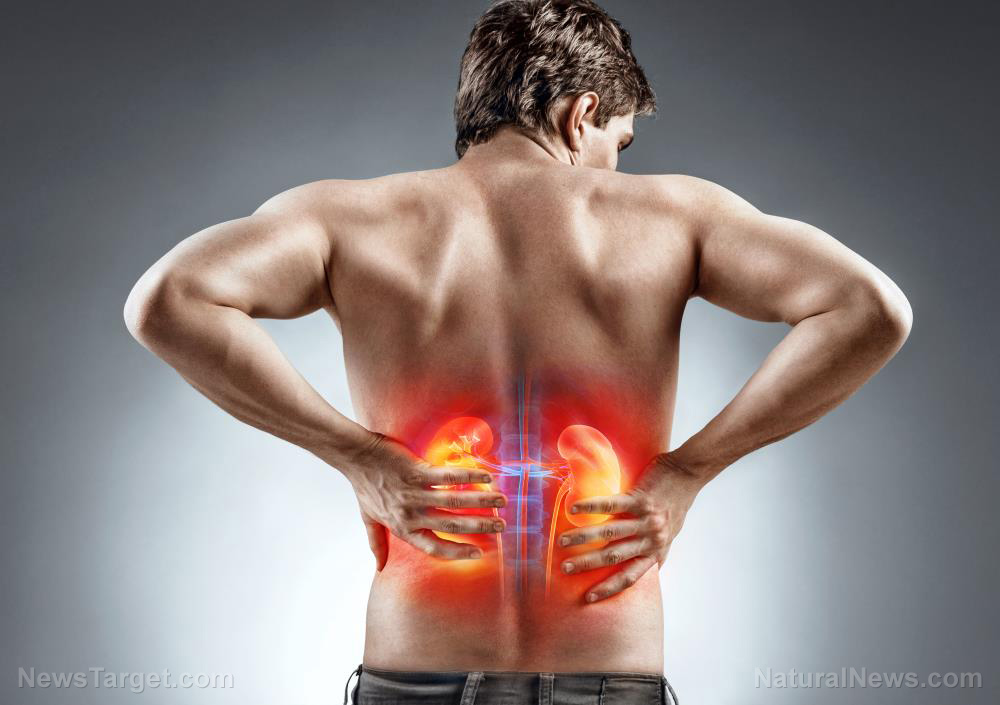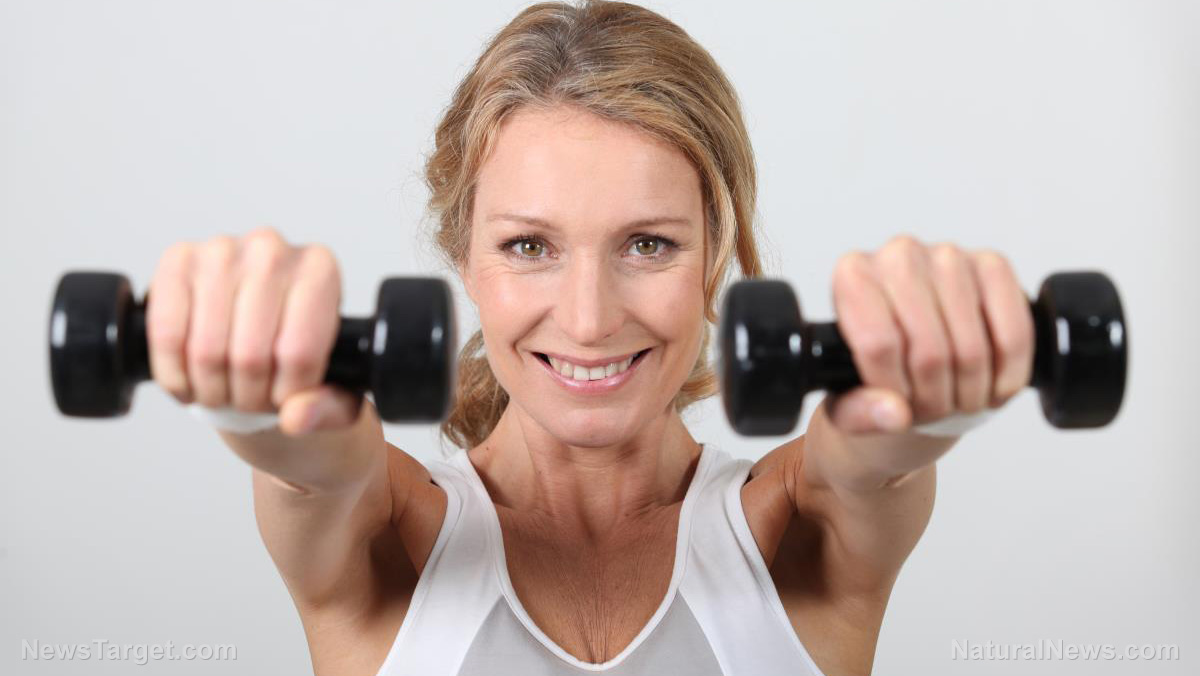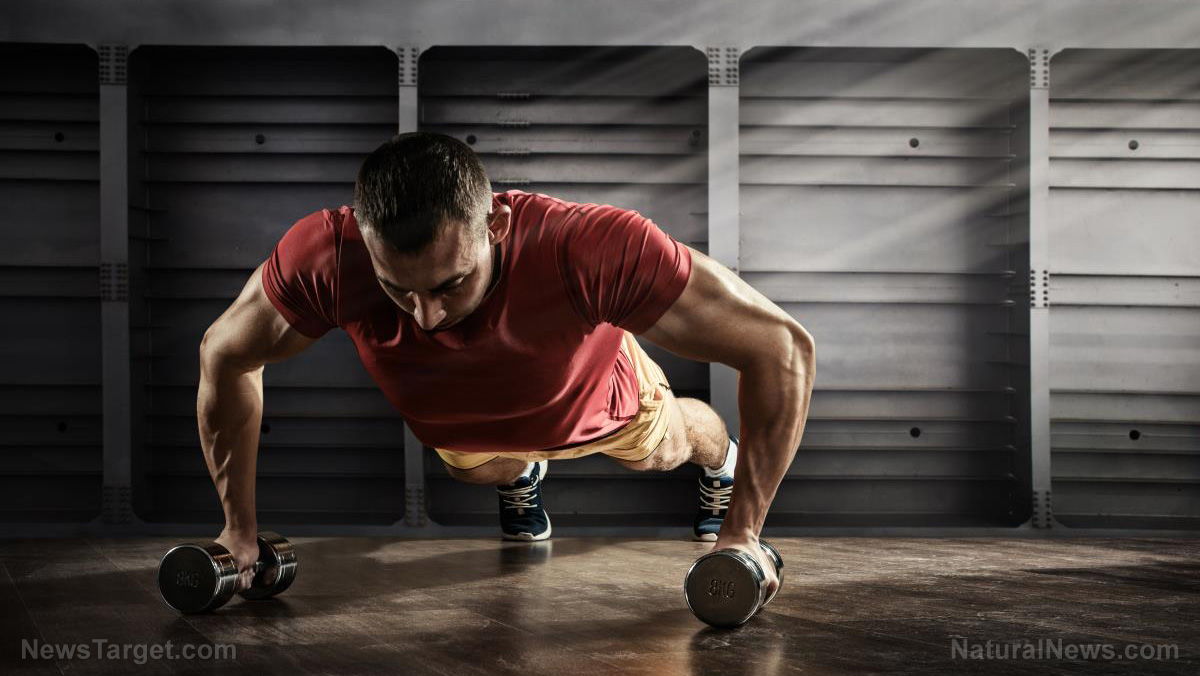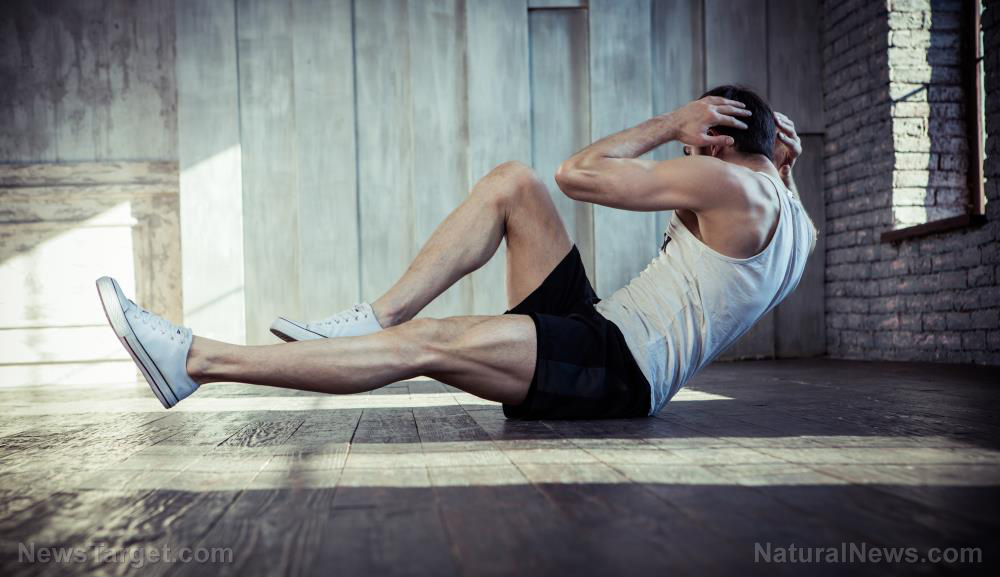The dos and don’ts of snacking to maximize energy while working out
02/12/2019 / By Michelle Simmons
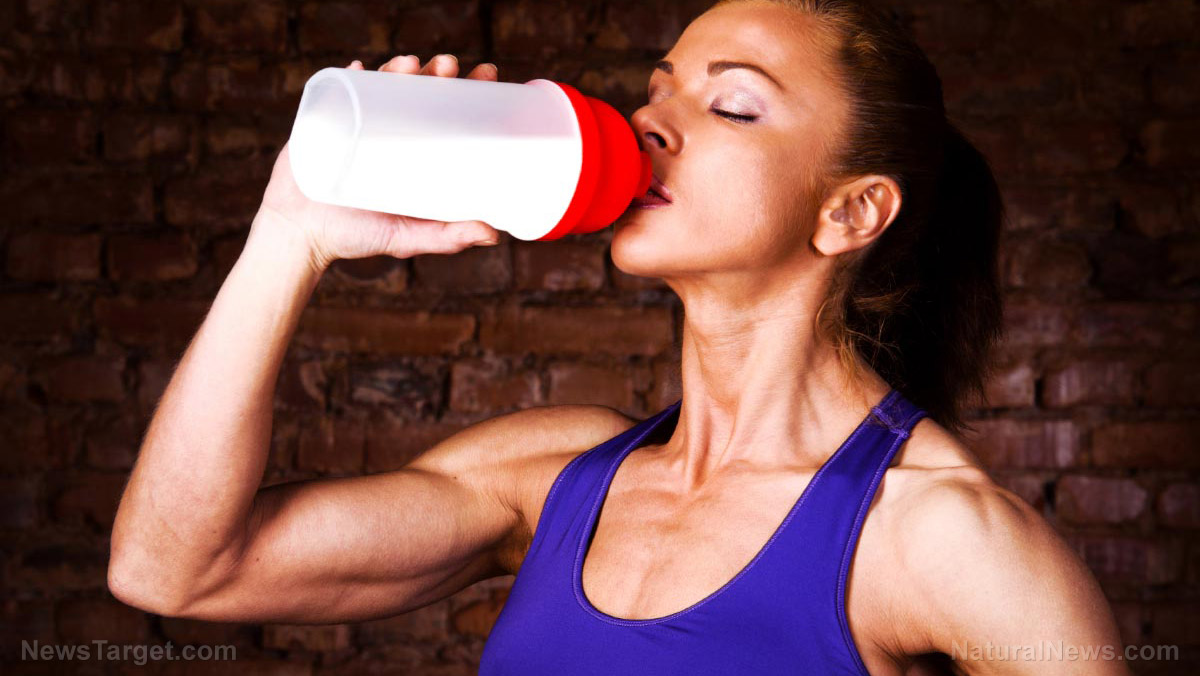
Working out improves your mood, makes you have more energy, and helps fight off various health conditions and diseases, which in turn prolongs life. To fully optimize your exercise routine, it is important to know the types of food to eat as well as when to eat them. Nutrition and fitness specialists share tips on what a person should and should not snack on during workouts.
Say yes to slow-burning carbs and protein
Eating snacks that are slow-burning carbohydrates and protein or a healthy fat 30 minutes to one hour before working out is recommended by experts.
“Pre-fueling and post-fueling are so crucial,” said Nikki Ostrower, a nutrition expert.
Moreover, experts recommend that the amount of snacks you consume should be based on the time interval between snack time and exercise. If exhausted, drinking coffee 30 to 90 minutes before the workout is advised, because that is how long caffeine kicks in the system.
“The closer you get to the workout, the smaller the snack should be,” said Amy Shapiro.
Eating immediately right after the workout is also essential to replenish the muscles. In addition, eating a well-balanced meal is as equally important as eating pre- and post-workout. Strict discipline and consistency are important for a person to achieve long-term fitness goals.
“People should pick the nutrition strategy they know they are capable of sustaining,” fitness coach Brent Carter said.
Say no to some green stuff
Fitness experts emphasize that not all green foods are healthy. For example, green juices do not contain much fiber and may have excessive amounts of sugar, according to Ostrower. In addition, she debunked people’s perception of nut milks being a “healthier” choice over dairy products. She said that too many preservative are contained in nut milks. Sports drinks do not really boost health and should also be avoided. (Related: Why Sports Drinks Are Not The Healthiest Way To Fuel A Workout.)
Protein bars and salad dressings are believed to be healthy and good for the body by most of the clients of the three health and fitness experts. However, they say otherwise. Shapiro said that protein bars have too much sugar and typically contain 250 calories. On the other hand, Ostrower cautioned that salad dressing, especially those oil-based ones should be avoided.
“People think just because you’re getting a salad it’s healthy. It’s like piling on inflammation on a beautiful salad,” Ostrower expressed.
Carter debunked the myth that spreading main meals out throughout the day have an effect in when working out or losing weight.
“This whole eating six meals throughout the day — that’s no more effective than three meals,” he said.
In addition, he explained that eating one large meal would not make a difference either, provided that the same amount of calories is still consumed.
In conclusion, there are specific foods to eat and avoid to maximize the energy levels when working out. Moreover, when a person eats also affect the body’s performance during exercises.
According to the American College of Sports Medicine, sufficient food and fluid should be consumed before, during, and after exercise to help maintain blood glucose concentration during exercise, maximize exercise performance, and improve recovery time. These are needed to balance fluid losses throughout the whole workout.
Sources include:
Tagged Under: exercise, fitness, physical activity, post-workout, pre-workout, Snacking

